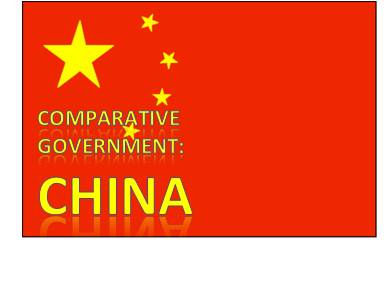A scene from the Uyghur landscape in China.
This "extraordinary humanitarian gesture" is significant because it sheds light on the international dynamics of internal ethnic tension. Although the Chinese government is active in its insistence that the detainees be returned to them, in actuality China has a very small presence in this exchange. Although the Uyghur conflict originates in NW China, there are three other countries that play important roles in the case of the Mahmud brothers -- Pakistan, the United States, and Switzerland. The Mahmud case is also important in terms of citizen-state relations and the legitmacy of government. The Uyghur-state relations take a new turn here, as the detainees move to a new country, where there is not a government opressing their religion/culture as in China, but also where there is no cultural precedent to guide them. The fact that more than a few Uyghurs were wrongfully kept in Gitmo, even after having been cleared, is proof of the problems of the international prison system. Furthermore, the human rights situation with the Uyghurs has begun to receive more international attention, casting shadows on the legitimacy of the Chinese government. What will transpire between the Swiss and Chinese governments in the wake of this decision remains to be seen; the Chinese Foreign Ministry said that it will "certainly affect Sino-Swiss relations," but its too early to predict the validity of any threats.
Guantanamo Bay
Read more:
on this blog...
and elsewhere...About the Uyghurs (UAA)
Grade this post.
Article Source:
Frieden, Terry. "Switzerland to take Uyghur pair from Gitmo - CNN.com." CNN.com - Breaking News, U.S., World, Weather, Entertainment & Video News. Cable News Network, 3 Feb. 2010. Web. 08 Feb. 2010. .
Photo # 2 Source









